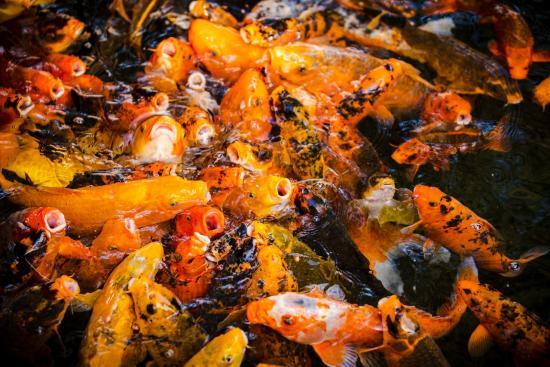Controversial Pesticides Are Suspected Of Starving Fish
There's new evidence that a widely used family of pesticides called neonicotinoids, already controversial because they can be harmful to pollinators, could be risky for insects and fish that live in water, too.
The evidence comes from Lake Shinji, which lies near Japan's coast, next to the Sea of Japan.
Masumi Yamamuro, a scientist with the Geological Survey of Japan, says the lake is famous for its views of the setting sun. "It's amazingly beautiful," she says.
Lake Shinji was also the site of thriving fisheries. People harvested clams, and eels, and small fish called smelts. But, Yamamuro says, about a decade ago, people noticed that fish populations had declined drastically. "I was asked to investigate the cause of this decrease," she says.
It was a puzzle. Yamamuro says the decline in fish populations did not seem to coincide with anything that people were keeping track of, like the lake's salinity, or levels of pollution.
But she noticed something curious. One kind of fish in the lake was doing fine. This one had a more diverse diet; it could eat algae, as well as tiny insects in the water. The eels and the smelts that were dying off relied on insects and crustaceans for food. And that food source was vanishing.

























